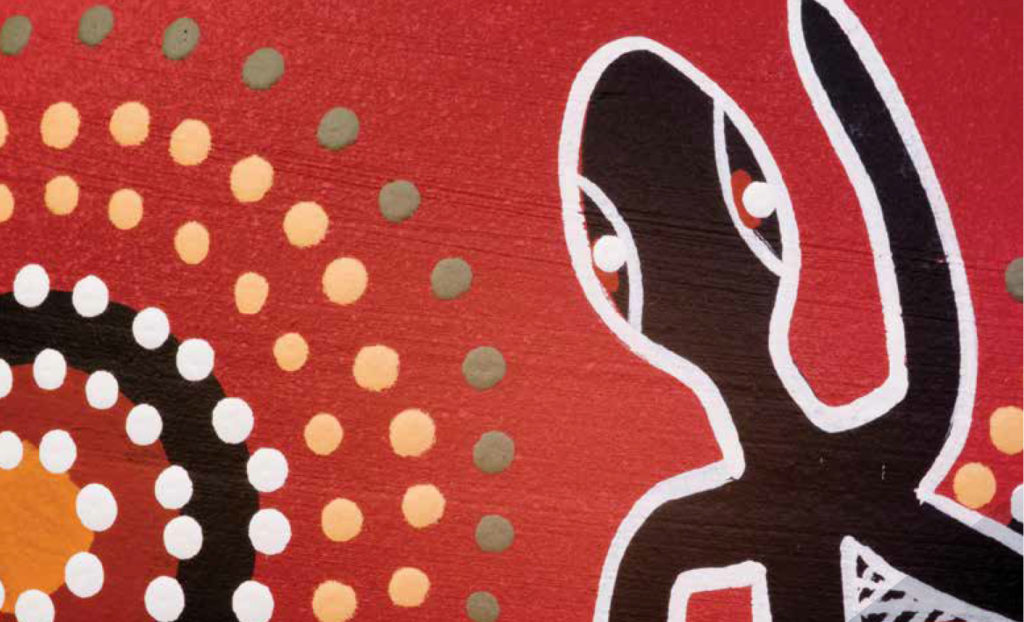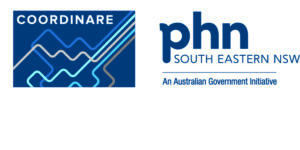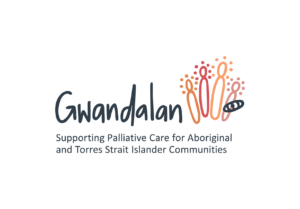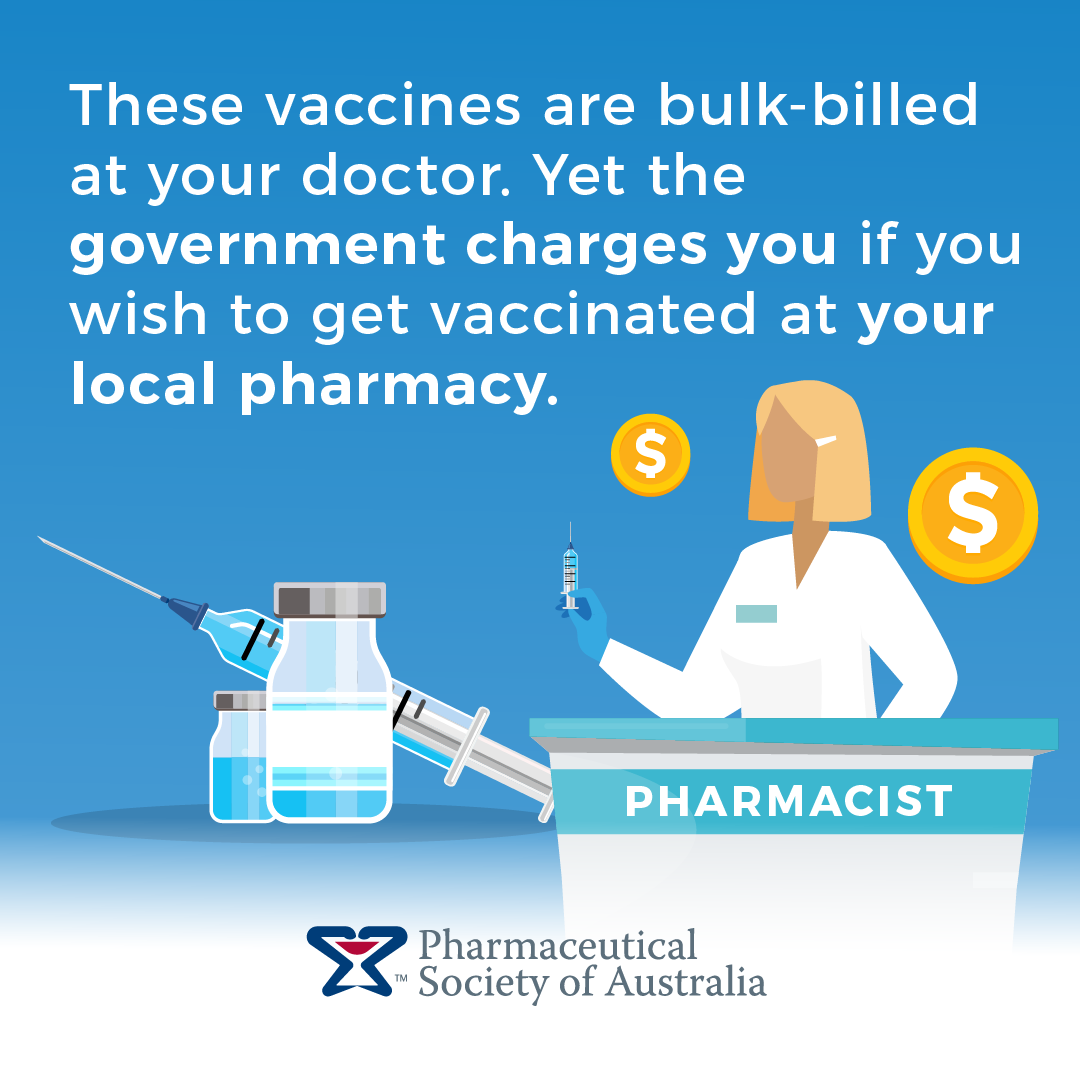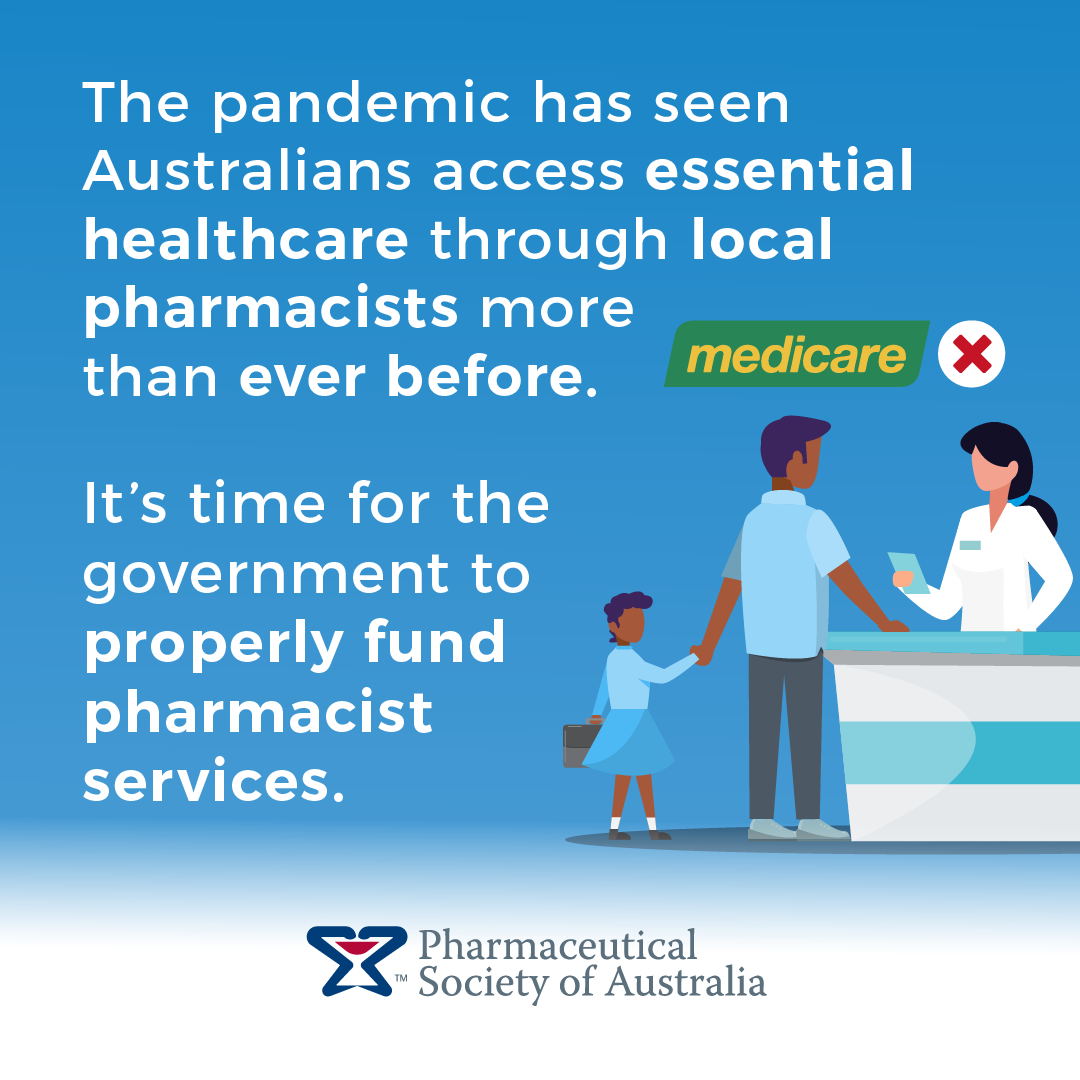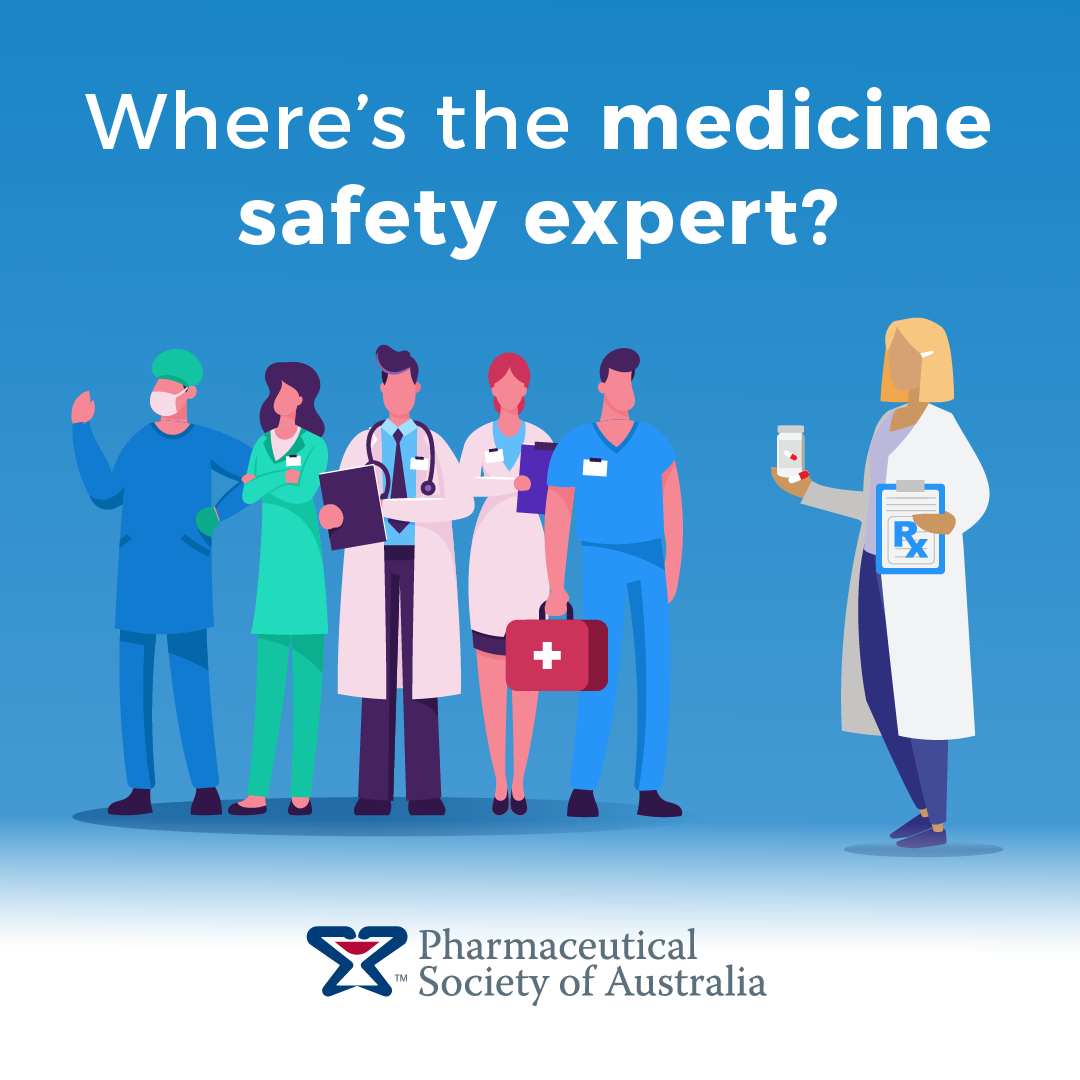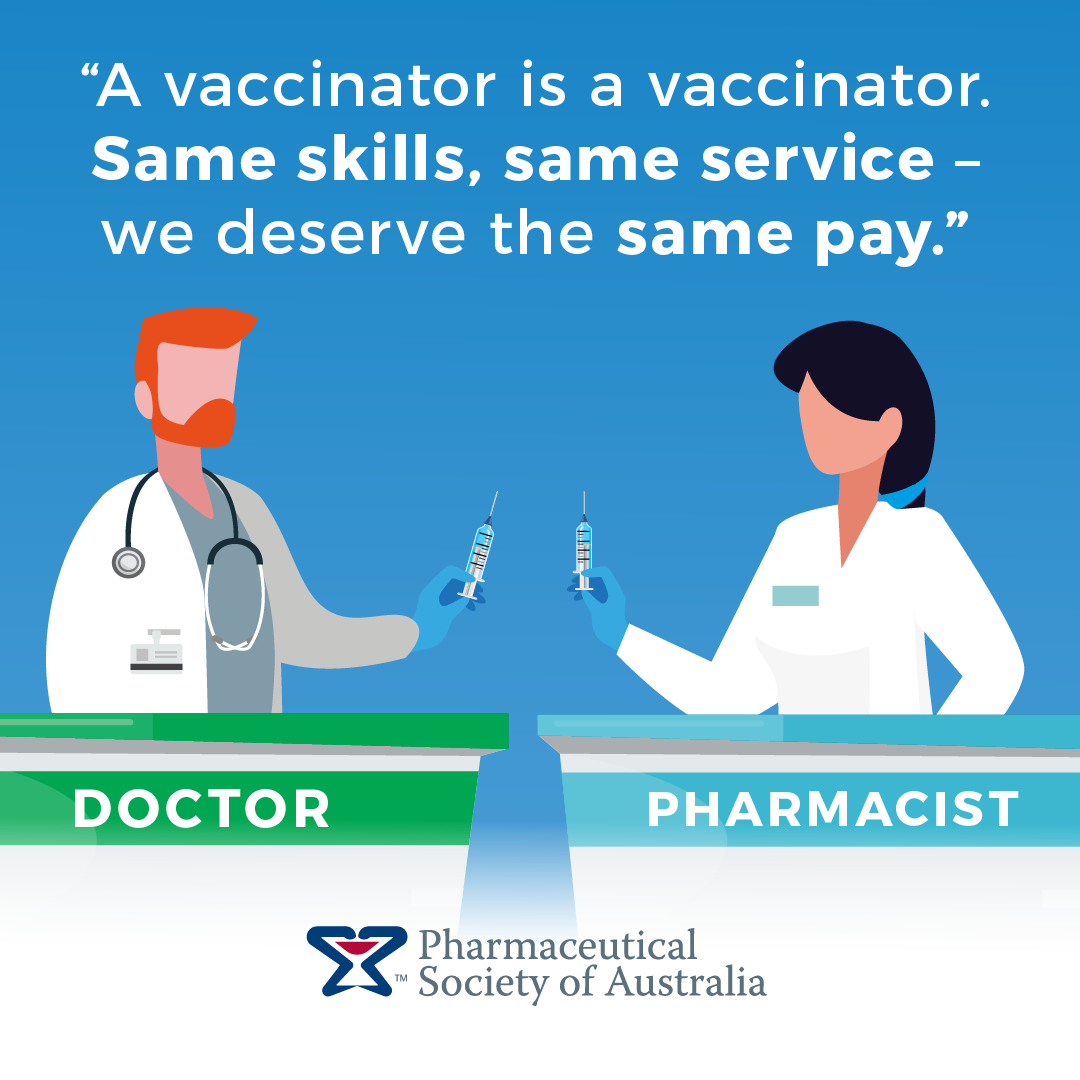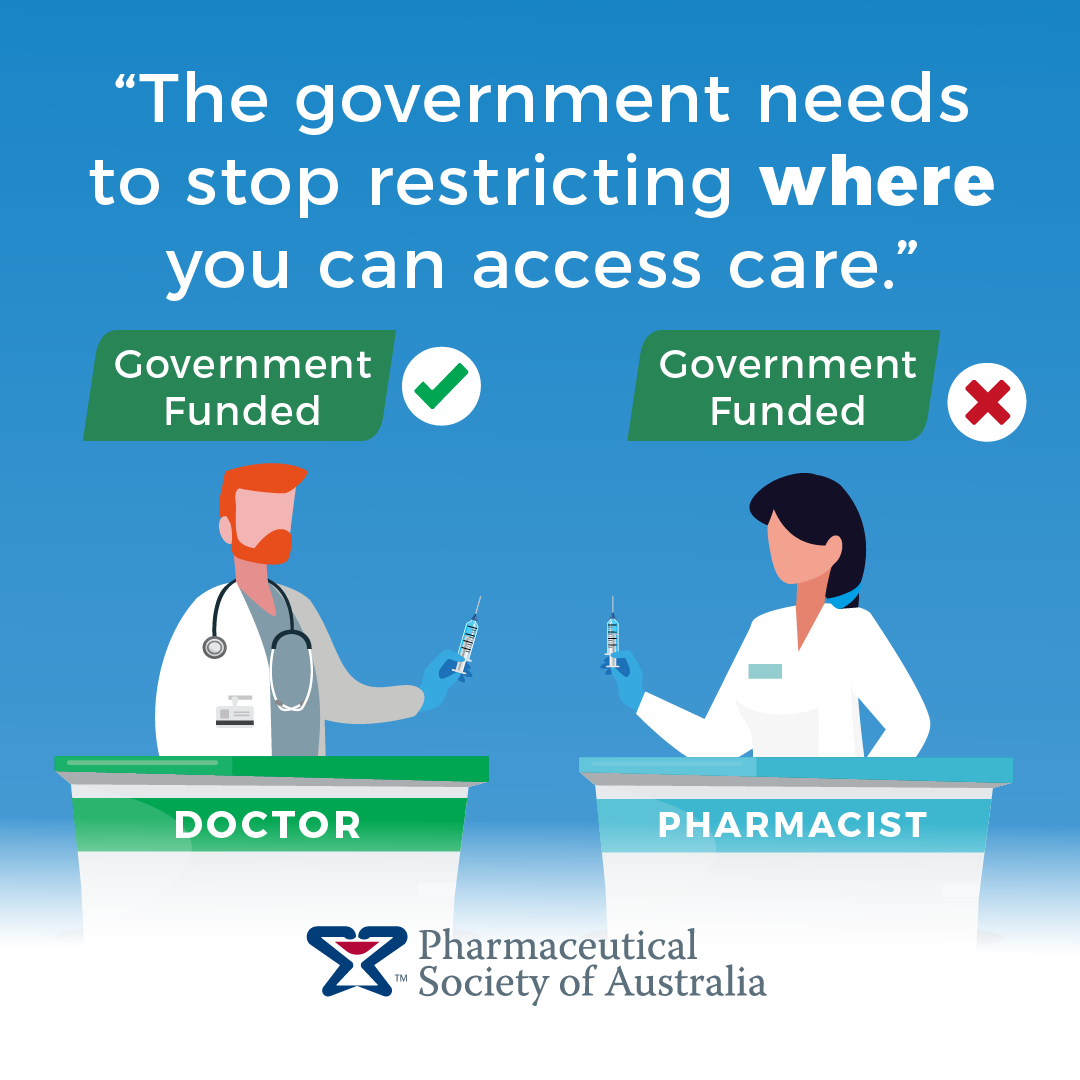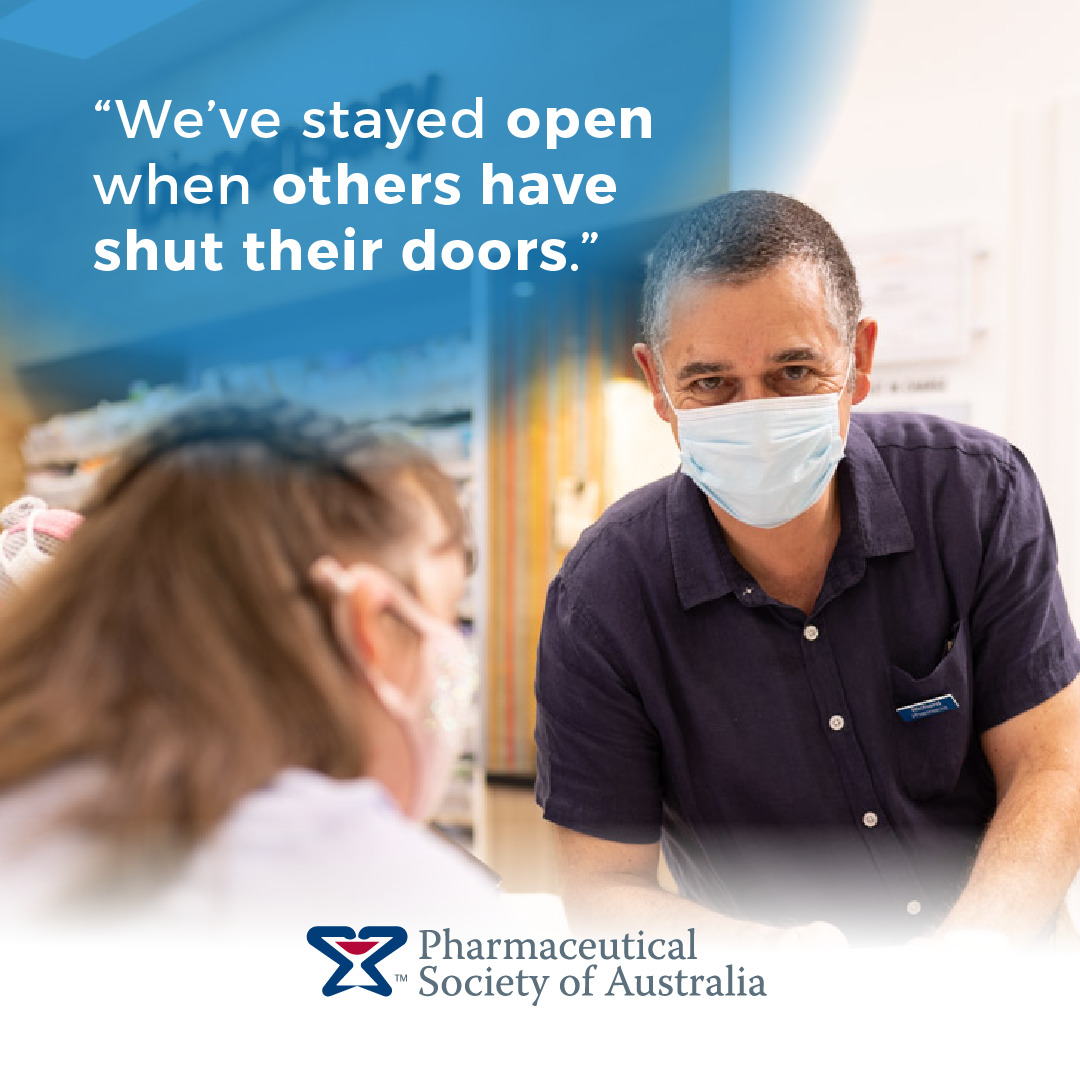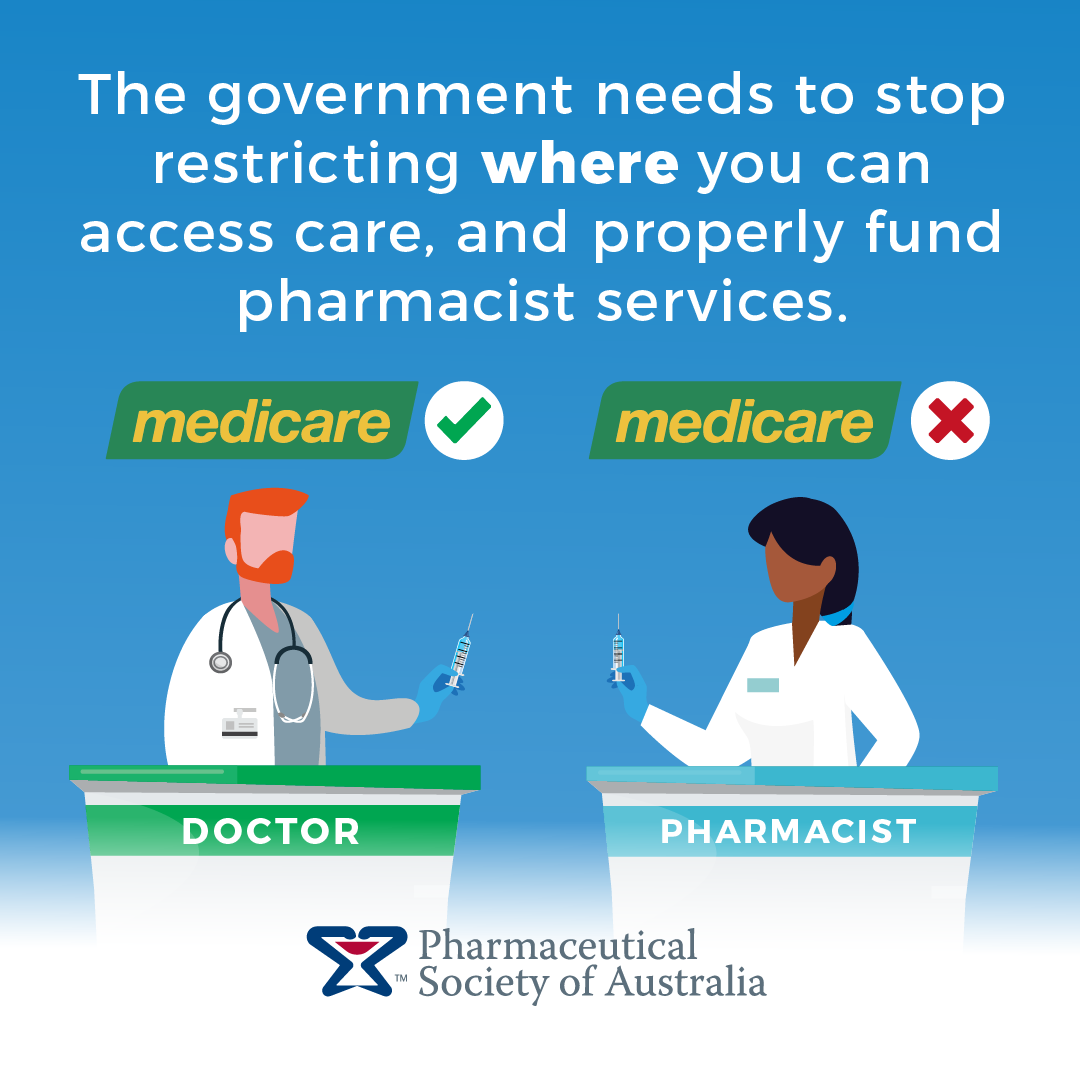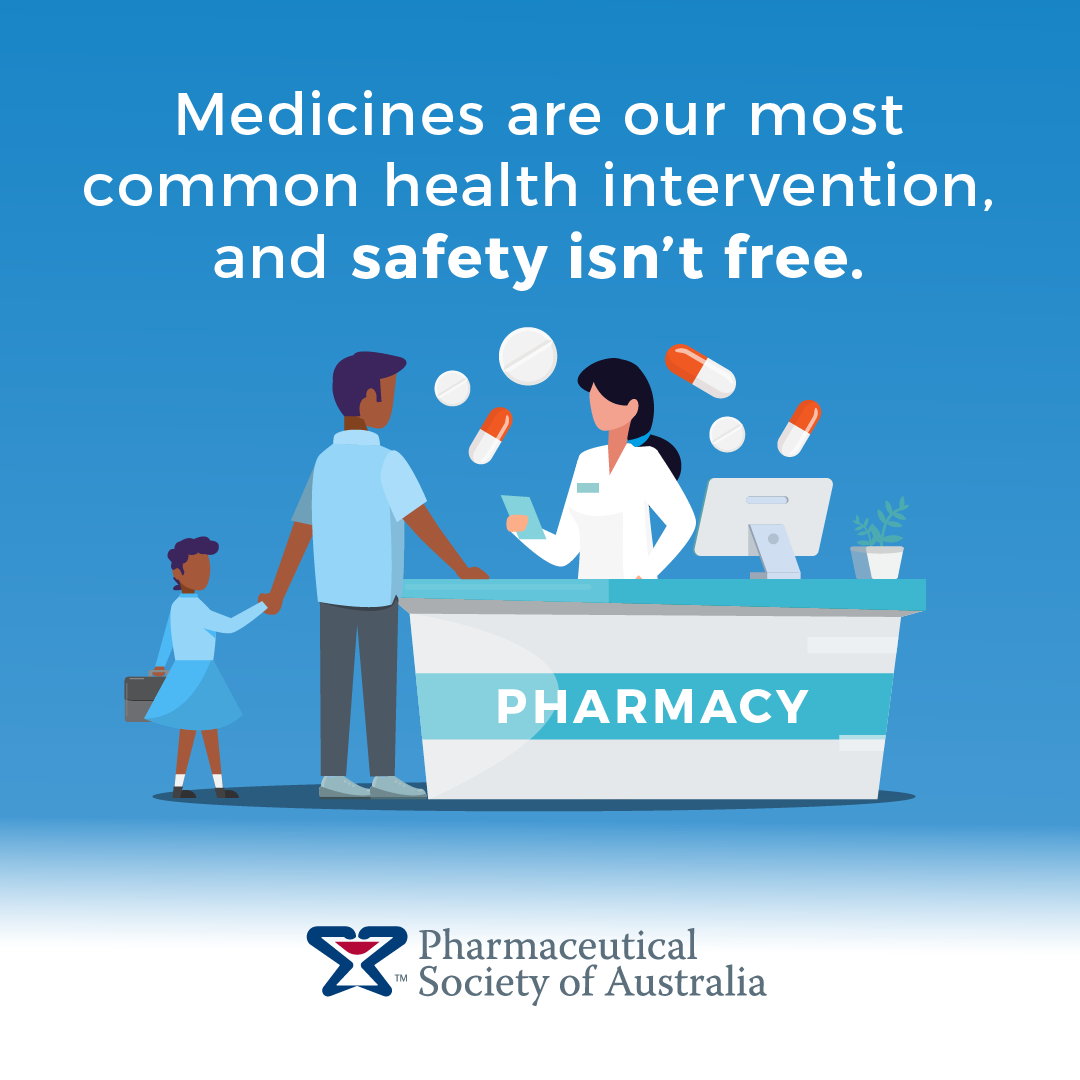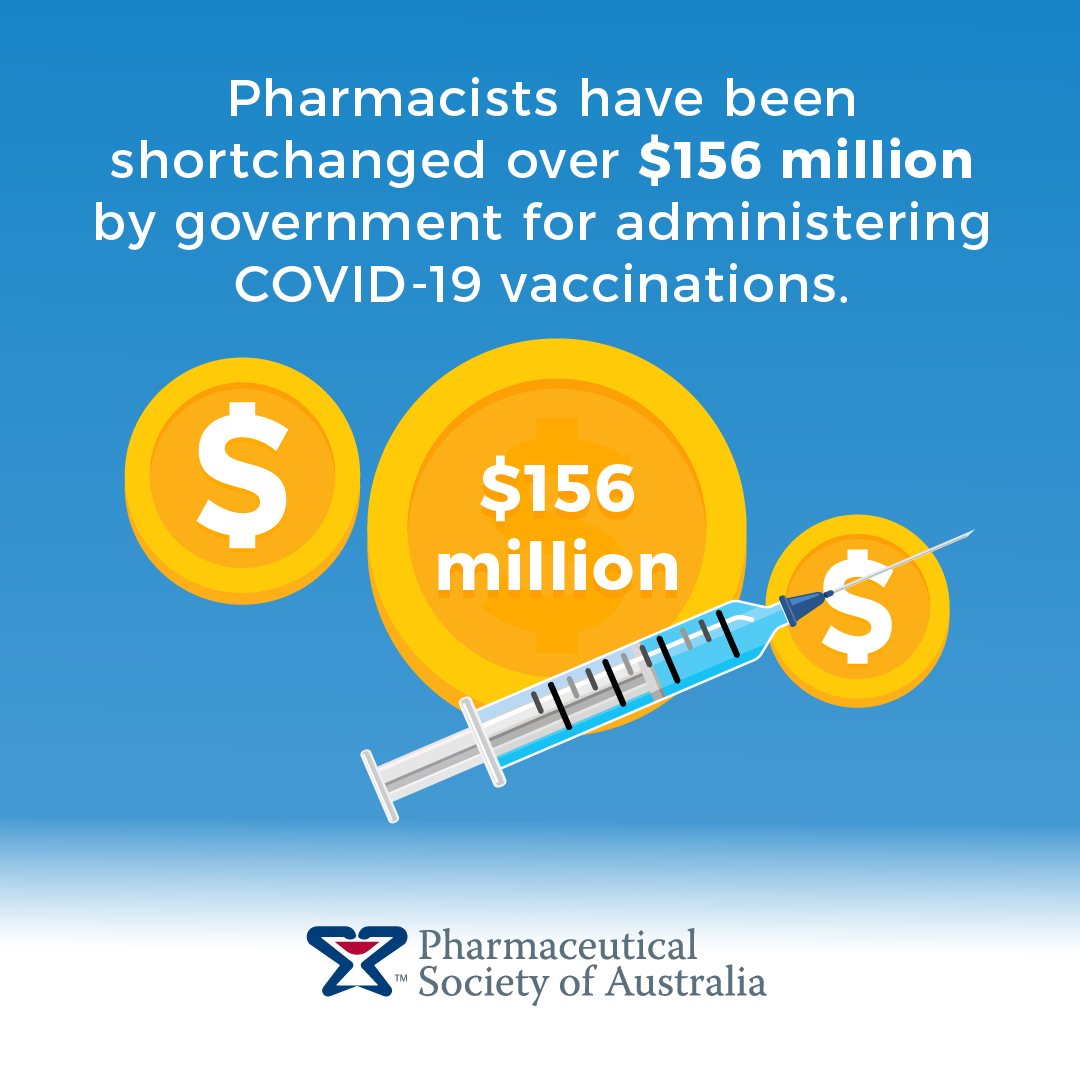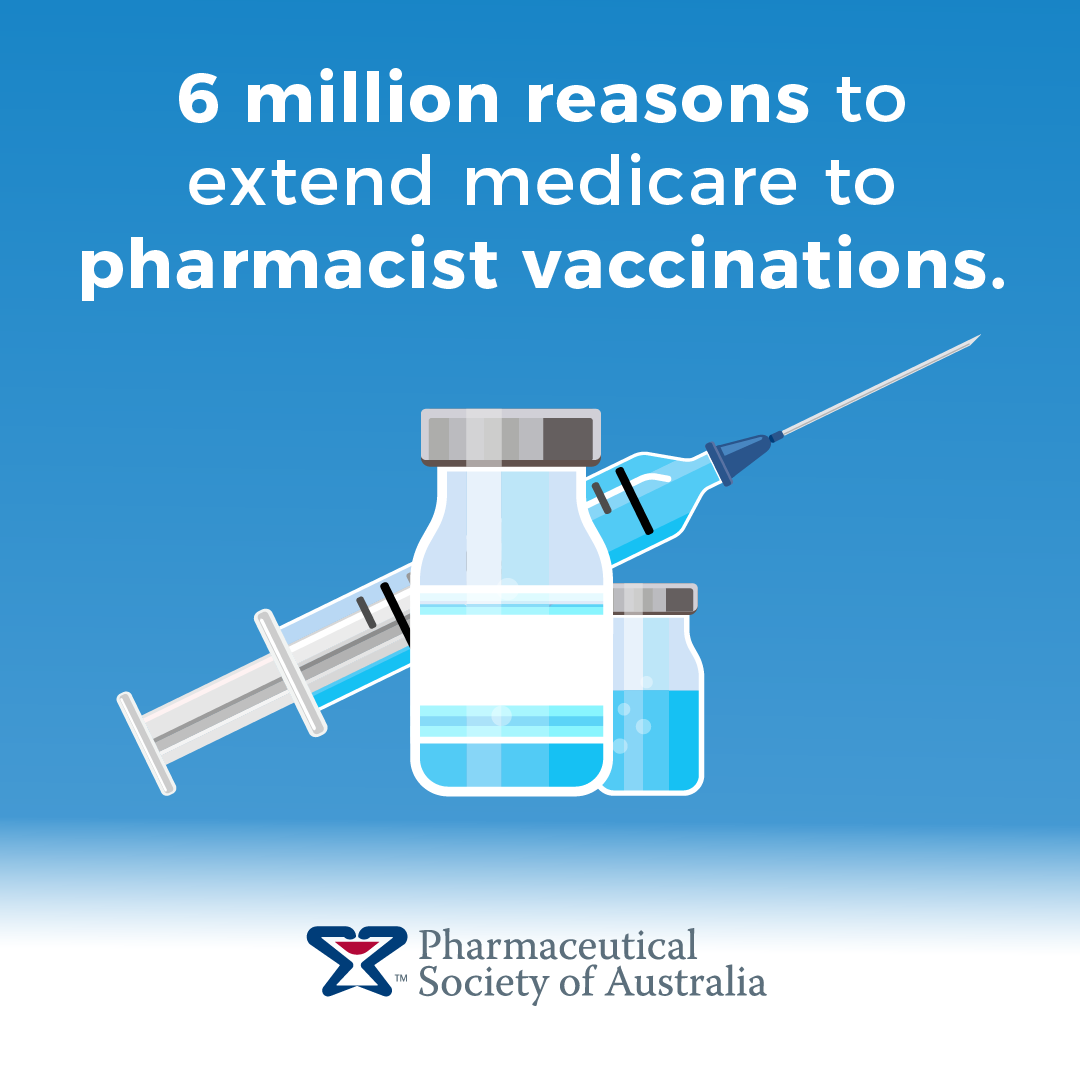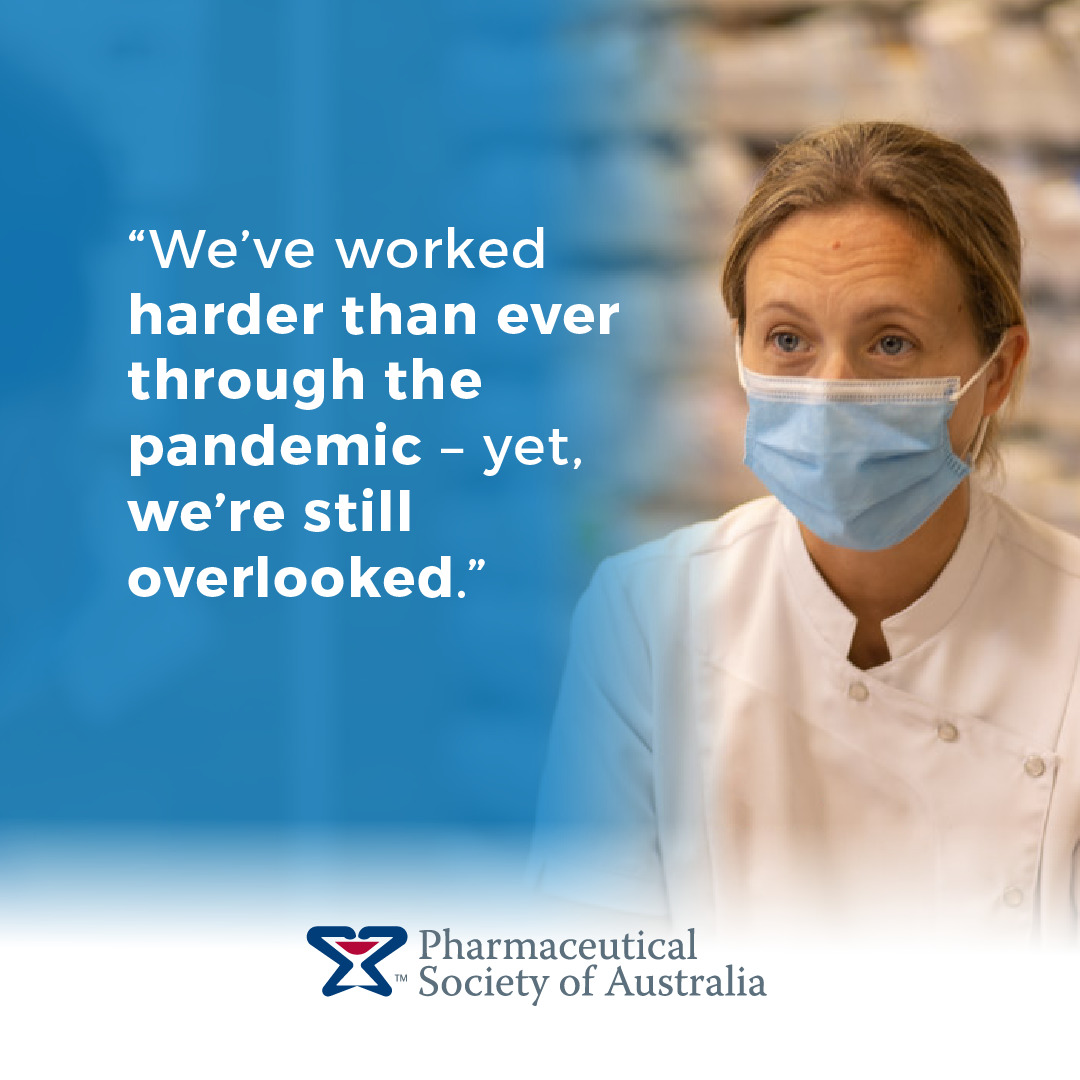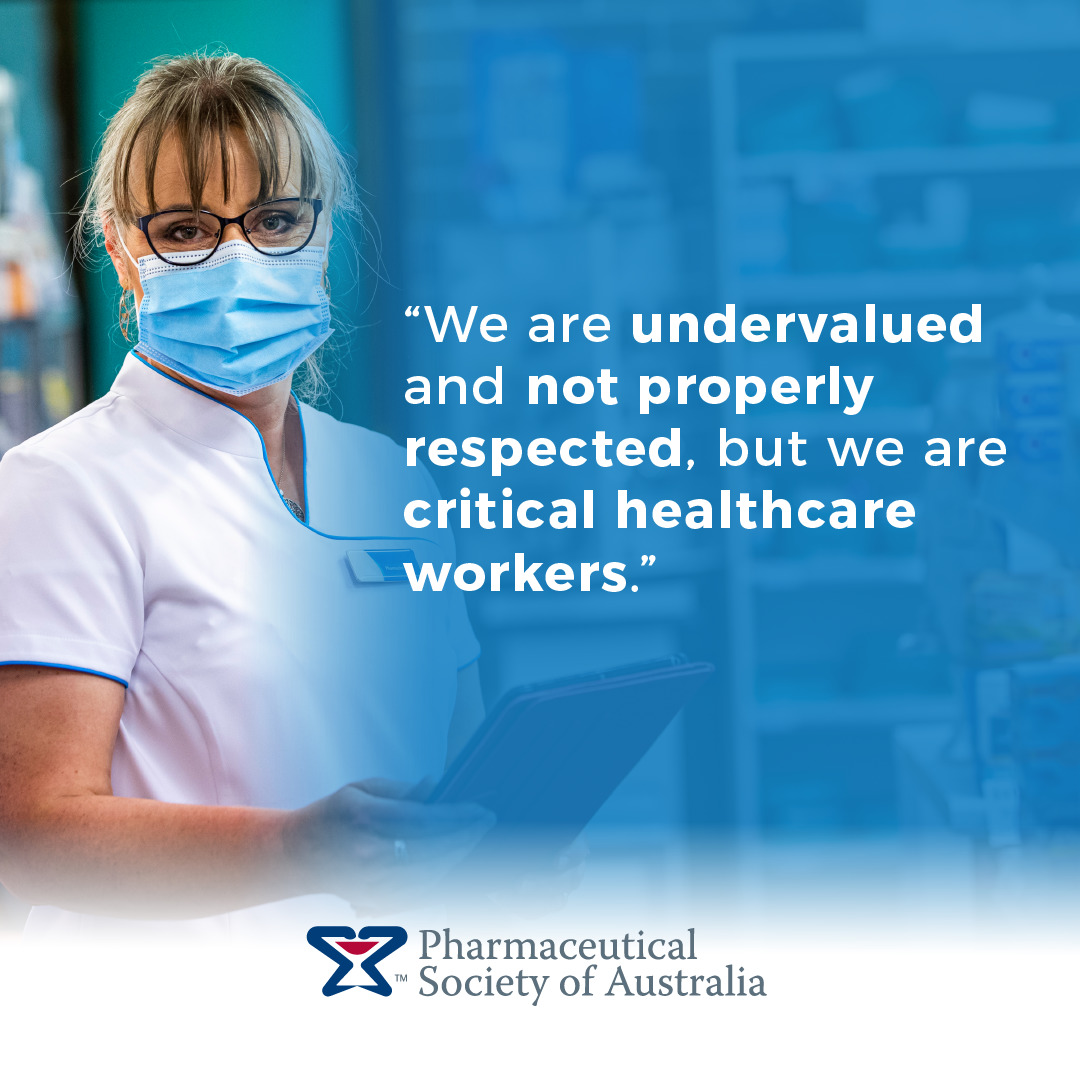PSA22: Address by Federal Health Minister the Hon. Mark Butler MP
29 July 2022
Speech delivered at the Opening Plenary of PSA’s National Conference, PSA22 in Sydney.
What a terrific new president you have elected. I was wondering when she was bragging about still being asked for ID – even trying to go into pubs and things – that was a bit annoying for someone my age. Your first female national president and a woman of such capability. You should be feeling very proud of that address and I really hope that you enjoy your time as National President of this very significant organisation, and I look forward to working with you more.
Can I also acknowledge that we meet today on the land of the Gadigal people of the Eora nation and pay my respects to their elders past, present, and their young leaders who will be so important in future years.
Today of all days, after we received the Closing the Gap report yesterday, we must recommit ourselves to the drastically unfinished work of closing the gap in health outcomes and life expectancy between Indigenous and non-Indigenous Australians. There is still much, much to do. And I’m very proud as a member of the new government that is committed to the full implementation of the Statement from the Heart from Uluru. The first government of which, obviously, being the voice of the parliament is something that we’re committed to doing during this first term of what we hope to be a multiple term Labor government. So, thank you very much, Raymond for his acknowledgement.
Can I also acknowledge that I’m here with my good friend and close colleague, Emma McBride, who is only the eighth pharmacist ever elected to the Federal Parliament of Australia, I think we’ve had about 1200 MPs. New South Wales probably send 16 or 20 lawyers every election to Canberra. I’m legally trained so I’m not going to go too far into that. We’ve got to do better than eight pharmacists. And Emma is only the first female pharmacist in the 121-year history of Parliament.
I have been enjoying – so much – working with her as part of our health team, and I am really looking forward to the work we will be able to do together. And you’re going to hear from Emma just after me. I was really delighted to receive this invitation to come and address you. Obviously, every health minister needs to engage very closely and deeply with the pharmacy sector, but I’m a Labor minister. And so being able to come to a conference where the staff – the workforce – for this sector comes together is particularly pleasing for me. And I’m really glad that it’s my first major speech to the health sector generally, but particularly with the pharmacy sector. I know also how excited you are to be able to come together for the first-time face to face after two and a half, really, really challenging years. So, I hope you obviously do productive work, but also to have the time just to reconnect. Apparently, there’s a great bar at the top of this building – which I’m not going to be able to be a part of – but I’m really glad you’re able to come together, face to face. And I want to acknowledge – as Fei did – the work that you’ve all put in over the last two and a half years. It’s been a really tough two and a half years.
And I was saying to Terry and Rhonda, that there’s been no more accessible place to go when people need some health advice, when they need some support, than a community pharmacy, arguably, even more accessible than their local hospital. And I know particularly in those early phases of the pandemic before vaccines that it was dangerous work. You were putting your personal health, even your lives on the line to continue the work that you’re trained to do, that you’re committed to do, and I don’t think we’ll ever forget that. It was an extraordinary contribution you made to the health and safety of your community and I acknowledge you for it.
As Fei said, you’ve kicked on in the different phases of this pandemic with more than 8 million COVID-19 vaccinations. You must be close to 50% of all the flu vaccinations this year, just demonstrating that we must continue to entrench the central role that pharmacists play in the National Immunisation Program. That is something that I am deeply grateful for.
I’m conscious also that you’re on the front line in that awful debacle over rapid antigen tests. I think I visited every pharmacy in my electorate in the western suburbs of Adelaide trying to find a rapid test for one of the members in my family over Christmas. And you were all just getting smashed and you shouldn’t have been. We should have been able to be ahead of the curve, order enough rapid tests to be able to get through that summer. But I know how much pressure you were on. And again, I acknowledge the way in which you dealt with that with good grace and continuing to provide as much good advice as you could to your communities.
But these are still challenging times, we’ve moved into undoubtedly a different place in this pandemic. But it’s a long way from over. Still, I think our latest official data shows that about 330,000 people officially contracted COVID over the last seven day. But the likely number is more than twice that. We look at the serum sampling, we’re doing the blood donations and the like which is just an extraordinary thing to think about really. We think that maybe 7 or 800,000 Australians are catching COVID, every single week. Right now, I haven’t looked at today’s numbers, but about five and a half thousand people are in hospital today with COVID – which is about one in 12 public hospital beds filled with COVID patients. Happily, the number of patients in hospital with influenza has dropped dramatically. But 5 and a half thousand, as you know, is an extraordinary pressure on hospital systems dealing with few little staff itself and a whole range of other respiratory illnesses, as well as all of the deferred care we’ve seen from the last couple of years. So, this is a very, very difficult period.
Again, on the upside, ICU numbers haven’t climbed as fast as broader hospitalisation numbers, they’re still well short of the numbers we saw in the first omicron wave over summer. But they are creeping up and the mortality data over the last few days has also started to creep up. Which is why when we came to government a couple of months ago, we wanted to bring some new energy into some of the elements of the pandemic response. I had been saying when we went into the election that there wasn’t enough information going out to the public about the critical importance of the third dose.
There was there was far too much, I think apathy around the importance of boosters, and a sense among too many members of the community that two doses were sufficient. I’ve said that the federal government should have been putting out strong information campaigns that you’re not fully protected, until you get your third dose at least. And if you’re at a particular age, which Fei is a long way from, you should have a fourth dose as well, which is why we started to roll that information campaign out. But still, there are about more than 5 million Australians who have effectively tapped out of the vaccine program. They’ve gone more than six months since they’ve had their second dose, that still haven’t had their third. And that number is only increasing by about 50,000 every week. It is proving very, very difficult to shift. And so, we have rolled out an information campaign on this. We’ve got targeted campaigns in First Nations communities. But there’s much more that I think we need to do around the third dose.
The story around the fourth dose is much better though, I have to say, we worked very hard to get the eligibility criteria standard for the fourth dose of the vaccine. And since that came into operation a couple of weeks ago, as you know better than me, fourth dose numbers have skyrocketed. I tried to get into my pharmacy on Saturday to get my fourth dose and I couldn’t. He was overflowing. We’ve had more than half a million people get a fourth dose every week since we made that change. That is a wonderful result. And it is going to prevent a whole lot of severe disease, because those fourth doses have been taken by people overwhelmingly over the age of 50, including over the age of 65.
The expansion of antiviral eligibility is also something we wanted to do very much, which is why for the first time, I think the Commonwealth, we actually put a submission before PBAC to expand that eligibility because for some reason, the drug companies involved weren’t willing to do that. And I’m glad that PBAC did expand that eligibility, we began seeing prescription numbers climb by almost 200% since that decision. The week before the decision about 13,000 scripts were filled for either Lagevrio or Paxlovid. The next week, it was 30,000. Well over double that. The next week, it was 32,000. I love to see that number continue to increase. You’re playing such a critical role in doing that.
And the other thing that I said when I came to office was that I wanted some more energy around vaccination rates in aged care facilities. At that time, only about 50% of residents had received their fourth dose which we know is going to be so critical for the most vulnerable members of our community. And since starting to bring some new energy, getting repeat visits back to those facilities, that number has climbed to 80 percent which I’m much, much more happy with.
As you know, expanding PBS approvals for Lagevrio and Paxlovid is critical to expanding access. Without the PBS listing those medicines cost about $1,000, which I know some people have been paying – they’re that keen to get it if they can afford it – but most Australians can’t even come close to affording $1000. So, getting that listing, getting it down to $42.50, or even $6.80 at for concessionals was absolutely critical and it just reminds us again, what a wonderful system we have in the PBS.
I said yesterday to Peter Dutton, who I’ve sparred with for some years – having been the Health Minister for four years under Kevin Rudd and Julia Gillard – over health policy, I said how proud we are of our legacy as the Labor party and health. The twin pillars of universality in this country were hard fought. Most of us would remember the fights over universal health care through Medibank and then Medicare. We fought it for decades, and now it’s firmly entrenched as part of our social fabric. It wasn’t easy.
And the PBS wasn’t easy, either. John Curtin and then Ben Chifley fought hard to get this and it took two more high court challenges, two referendums, constitutional changes in a pitched battle to what was in then British Medical Association, the BMA, the Liberal Party, and many others, took really 15 or so years for it to become what it is today, which is a genuinely universal system, perhaps, I think, the best medical system pound for pound, in terms of bang for buck, that we have in the world. And I’m absolutely committed to making sure it works as well as it possibly can into the future as well. But for general patients, it is still a squeeze.
I know talking to pharmacists who have to deal with general patients coming through their door all the time, that many, many thousands of people, given the price pressures they’re facing in their households today are often making really tough decisions about which script they get filled, particularly if there are multiple scripts. Don’t take my word for it, the ABS said that around 900,000 patients every year are going without a script that their doctor has said to them is critical to their health. And they come in and I’ve heard you tell me these stories. And they say, well, I’ve got these two or three scripts, which one do you think is most important? And they might take the one that gives them the most immediate relief or pain relief script, for example, and forego the one that’s going to be really important for their longer-term health. Well, we’ve got to do better than that, which is why we’re committed to slashing the price of medicines for general patients on first of January.
We will do that, from $42.50 down to $30. It is a substantial fiscal commitment in a tight budget, but one particularly given price pressures on households right now is something that we’re committed to doing.
And we said at the election as well we will ensure that no patient is worse off. I’m aware of the discounting arrangements that operate in different pharmacies, and we’re committed, and I’m designing the legislation this way, we’re committed to making sure that scripts that are currently discounted, will still be able to be discounted, given the change in the in the general patient rate, and still count towards the threshold, towards the safety net.
In the same vein, I’m really pleased also that we’ve been able to already deliver on our commitment to provide much better support to people living with type one diabetes and wanting to access the extraordinary technology we have available to us now with constant glucose monitoring.
I was the Parliamentary Secretary for Health not last decade, the decade before last, when we in the Rudd Government introduced the first insulin pump program. That was seen then as just extraordinary technology. And it was. It really was quite life changing. But I’ve seen the changes in the last decade or more, and I’ve also seen the pressure placed on people who aren’t covered by the current program. Young kids, concession cardholders. The pressure placed on them at 18 to find four or $5,000 every year to pay for their CGM’s. And so, I’m really pleased that we’re able on the first of July – it took some pretty quick going – to on the first of July, to be able to bring in our new arrangements that everyone with type one diabetes – about an additional 80,000 people or so – will be able to access CGM technology by paying just a relatively small co-payment of $32.50 every month. Obviously, everyone covered by the old program remain covered. But again, this is a life changing innovation.
Now when I first met with your new president, which was last week, or the week before, and Mark as well, she asked me to do three things. And I just want to go through those three things. Three must be an important number for you. Three stories, and your three asks of the new federal government.
The first is around the commitment we’ve made to pharmacy and aged care. And it’s a really exciting commitment. I talked to Fei a little bit about this. She expressed her excitement about not just being able to deliver services for some of the most vulnerable members of our community, people who’ve worked so hard for decades and paid their taxes, raised their families and built this community we’re lucky enough to live in. From a pharmacy perspective, it’s just continuing to expand your vocation, your profession, not just community pharmacy, not just hospital pharmacy, that now recognising the ability to move into geriatrics, gerontology, into aged care, to become a new branch of your profession. I understand how exciting that is for you.
But it’s no secret from the perspective of residents themselves. That medication use and abuse has been a major issue in residential aged care for a long time. I’ve dealt with aged care for almost 30 years in different capacities. It’s an area I feel very, very close to. And I’ve seen the change over those 30 years as I’ve visited aged care facilities. When I started, many people had cars and would leave the facility and go shopping that might be there for 15, 20 years. The sort of cohort you now see in retirement villages, it’s very different cohort as you know, right now, but when I was Julia Gillard’s Minister for Aged Care more than a decade ago, you’ll remember, there was a lot of public discussion about the overuse of anti‑psychotics in residential aged care. Anti-psychotics are often prescribed, as someone was transitioning into a facility to deal with the distress that they were feeling, particularly if they were affected by dementia, particularly behavioural symptoms. A prescription that was intended to be short-lived and was often not being reviewed and certainly not been de-prescribed. And there was quite substantial public reporting about the cardiac impacts that was having as well. And I was absolutely struck by a roundtable that I convened about how we would deal with this, and one of Australia’s leading geriatricians told me when we were talking about the prevalence of polypharmacy in residential aged care, that he had come across a resident who had 43 scripts, different medicines, 43. None of them had been reviewed, and just kept accreting and accreting, and accreting.
We’ve got to do better, we have been doing better over the last decade, but the Royal Commission recognised that we needed to do better still. And that to do better still, we needed to tap your skills, we needed to tap your training and your experience. And I’m absolutely committed to delivering on that recommendation – Recommendation 38 of the Royal Commission.
And with this in mind, I’m very pleased to announce that today, a consultation paper will be launched on the department’s aged care engagement hub to start that process and ensure that we’re able to deliver on this commitment of $345 million. As a fraction of a million dollars, I’d forgotten about that, $345 million as we committed to do. And it means that we’re going to have to engage in the process of pretty quick co‑design. And that’s going to involve close engagement with the PSA as well as obviously, other groups like the Guild, residential aged care providers, unions, consumers, and probably also Primary Health Networks. The key issues that we’re going to talk about are well known to you. We’ve got to define the role of the onsite pharmacist, we’ve got to ensure that we’re very clear about training requirements for those pharmacists who will be working in residential aged care. Funding models will be important, and also ensuring the greater to measure health outcomes, and ensure that this investment delivers better outcomes for people living in residential aged care. I really look forward to the PSA’s active engagement in this process. Fei and Mark and I have already had a good deep discussion about the PSA’s views on this, because I know that you’ve done some of the deepest work in this area with some of your reports, which Fei was able to give to me to have a read of.
Which brings me to the second of Fei’s points. There are obviously also a whole range of aged care programs that you all work very hard on, as do your colleagues that are set out in the community pharmacy agreement or CPA7. When I speak of CPA7 I know having been involved in some of the earlier iterations when we were last in government, I know what a significant advance it was for the PSA to become a signatory to that agreement. And in my view, it was a good advance, it was an overdue and welcome advance, and it’s one that I can’t see any reason not to reflect as we move into the negotiations of CPA8, which will be in the second half of this term of Parliament.
Friends there’s much more I’d like to talk about, well, perhaps if I had the opportunity to chat with you about it in the sky bar, I just unfortunately don’t have the time, so I really want to acknowledge very quickly, the PSA’s work with the federal government and the Department of the take home Naloxone program. My state of South Australia was part of the pilot of that program, and I was quite flabbergasted by the results. Just the pilot showed that three lives were being saved every day by this program, it’s just really jaw dropping how effective something relatively simple can be, and really pleased to see that rollout into the non-pilot states as well. But it wouldn’t have been as successful a pilot in the program without the PSA’s close engagement. So, thank you for that. And I’m really pleased that we’re going to see that rollout right through the country and save many, many hundreds of lives.
I also know your deep interest in the review of the national medicines policy. I understand Michael Kidd is coming to talk to you a little later on today. I’ve known Michael for a very long time. I worked closely with him in in blood borne viruses and STIs, and a range of other areas when I was a health minister more than a decade ago. He’s a terrific fellow. I’m really pleased to announce that I’ve asked him to restart the review of the NMP. He’ll talk to you a little bit more in detail about that later today.
And I’m keen to have not today, perhaps, but I really think we need some deeper discussion about workforce in health. I mean, you’ll have read the papers, looked at the TV, every sector of the economy is dealing with workforce shortages right now. The closure of the borders for a country that for 20 years have relied so heavily on international workers in every sector has had a profound impact on our economy. We see it everywhere. But there is no more serious impact than in health – using that in the broadest sense of the word – we’re seeing it in our hospitals. We’re seeing it in general practice. We’re seeing it in aged care. And I know we’re seeing it from pharmacy as well, a number of you have told me about that. We need a really deep discussion about how we deal with some of those short-term challenges that will start to ameliorate as you open the borders, and some of the real structural challenges we have in the sector as well.
Terry and Rhonda and I were talking about this earlier, and I’ve got a very clear view about this, which I’ve said publicly on a number of occasions. It just doesn’t make sense to me as an Australian, but also as a health minister, that the enormous investment the community makes in training hundreds of thousands of health professionals is limited by not allowing people to operate at the top of their scope. It doesn’t make sense to me as demand for healthcare is climbing dramatically, leaving aside the impact of COVID, and we continue to have constrained supply of health workforces, not to have every single healthcare professional – whether they are doctors, nurses, allied health professionals or pharmacists working as close as possible to the top of their scope of practice. Now I know as well as you do that that is a contested proposition. And it’s not easy to step through that proposition without enlightening turf wars that can become very debilitating for community confidence as well as substantive outcomes. It’s something we tried to do when we were last in government. Minister Nicola Roxon was particularly passionate about it. And for the Labor Party, I see it very much as unfinished business, something I do want to come back to.
Health Workforce Australia was a really strong initiative for that former government. The abolition of HWA by Tony Abbott was probably predictable, but unfortunately wasn’t followed up with some alternative way in which could plan medium and long term for the health workforce needs of our country. I’m open to what that structure might look like. I haven’t committed particularly to any particular model. But we do need to have this very broad deep discussion because if we think it’s hard to see a doctor, hard to get into a pharmacist when some of you are struggling with your workforce challenges, you think that’s hard now, if we don’t get some of these structural challenges right, five or 10 years down the track, it’s going to be even harder. The PSA is going to be a really important partner in that discussion.
I want to thank you again for the invitation to come and talk to you. I really wish you all the very best for the rest of your conference over the weekend, and to a frank and productive relationship with the PSA as my time as Minister.
Thank you very much.

